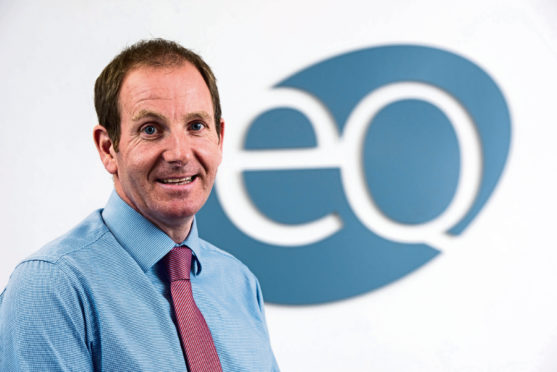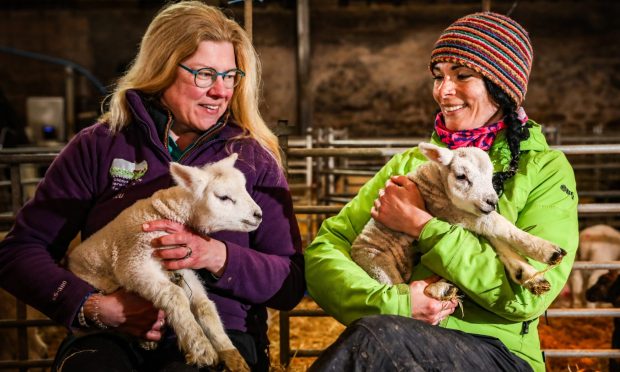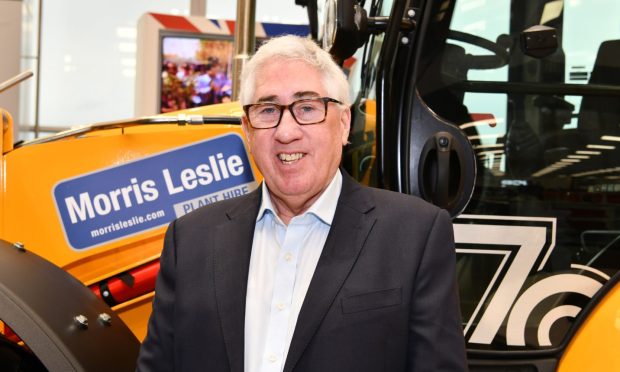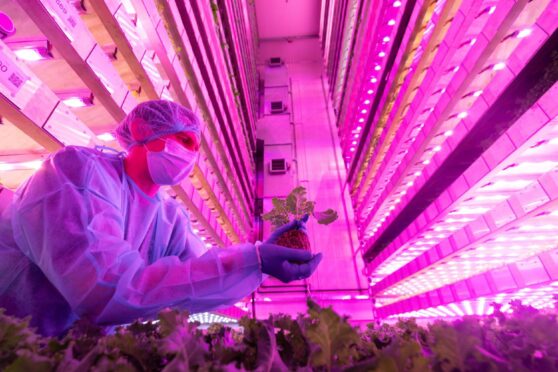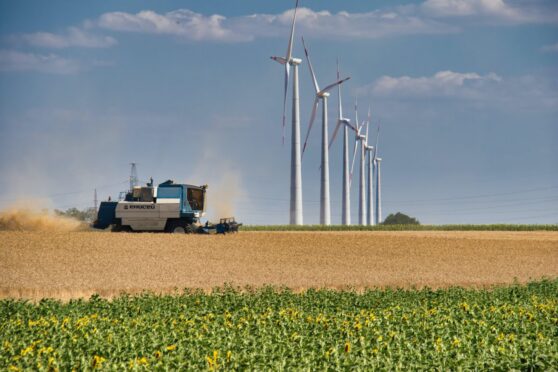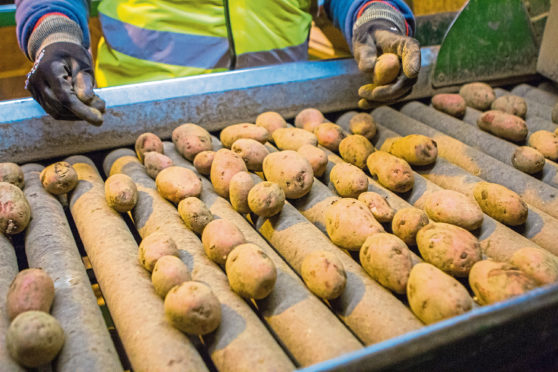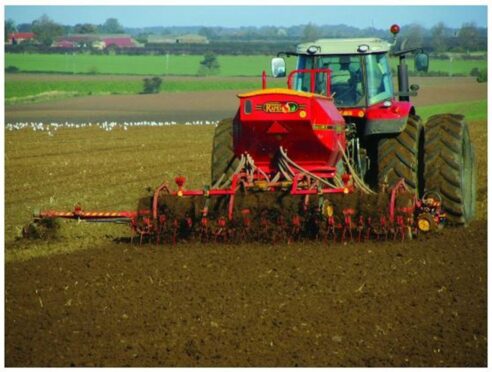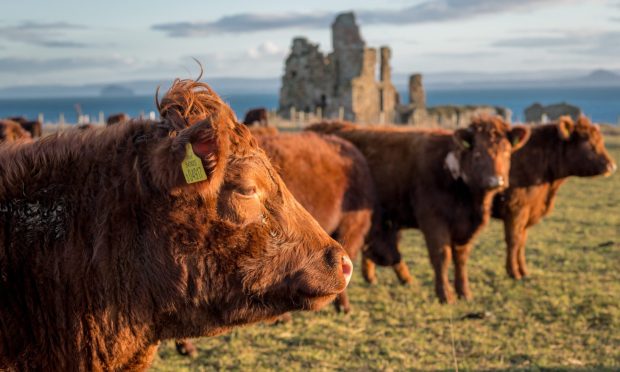Farming businesses and rural communities have clearly not escaped the economic impacts of lockdown.
The phrase “new normal” has been used a lot recently, but in many respects markets and consumer habits still have a long way to go before we will know what that new normal looks like.
In farming, there have been clear drops in demand for meat and milk, as demand from the hospitality and catering sectors disappeared overnight. At this point it does not feel like those markets will be able to return to previous levels of demand and consumption quickly. Producers, therefore, must look for new markets, or change the nature of their product.
At local level some producers have been able to capitalise on the demand for locally sourced produce, either through existing retail outlets on farm or elsewhere, or by offering delivery services. Shopping habits changed as we all stayed at home to prevent the spread of coronavirus.
Among our clients we have seen many excellent examples of innovative thinking as producers adapt to new ways of interacting with their customers to make their produce accessible. As lockdown eases and people feel more confident about going out and about, will they return to previous shopping habits, or will they stick to their new local supplier?
Quality, provenance, convenience and price will all play their part in the consumer’s decision-making process and future buying choices.
Uncertainty has always been the enemy of business and there can be no doubt that the changes to demand and consumer habits are creating an uncertain economic climate for rural businesses.
That uncertainty has financial implications and means that it is more important than ever for farming and other rural businesses to plan, forecast cash flow and profitability and assess their financial position on an ongoing basis.
Don’t muddle through, hoping for the best. Financial modelling isn’t as hard as it sounds and can make such a difference.
Modern cloud-based bookkeeping packages and add-ons make the process of producing forecasts and projections much easier than it used to be, so with the right data sources it can be as easy as “touching a button” to get meaningful figures on which business decisions can be based.
Yet, still not enough businesses, particularly rural businesses, undertake this type of financial planning and analysis, and management decisions about the performance and direction of the business are often poorer as a result.
Make assumptions about what your business might look like and translate that into numbers to produce a financial model. Is it sufficiently profitable? If not, why not, and is it worth doing? Can something be changed to improve it? How much risk and uncertainty are involved?
Model different scenarios based on different assumptions to get a clearer picture of the impact of market changes.
I’d encourage all firms, especially those who are experiencing a change to their market conditions or are having to adapt their business in some way because of changing consumer habits, to put in place financial systems which give them meaningful information which they can use to understand the impact of those changes.
Doing so will give the best chance of making the right decisions for business success.
Graeme Davidson is a partner with EQ Accountants LLP, based in Forfar.
